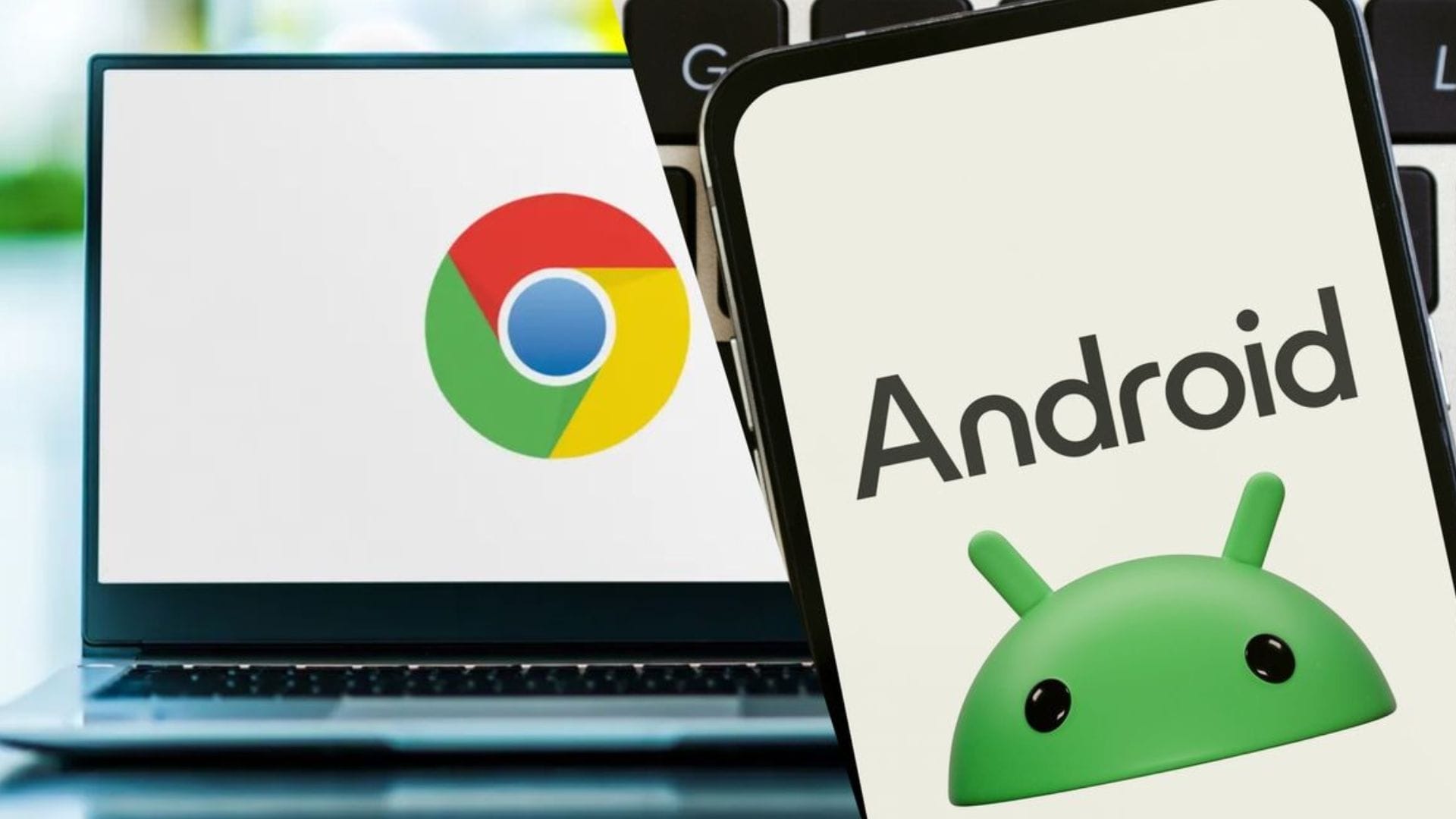Google plans to merge ChromeOS and Android into one unified platform
Google confirms plans to combine Android and ChromeOS into one platform, bringing big changes to phones, laptops, and tablets.

If you use a Chromebook or an Android phone, change is on the horizon. Google has revealed plans to merge ChromeOS and Android into a single platform — a move that could reshape how you use your devices.
Sameer Samat, Google’s president of Android ecosystem, recently shared this news in an interview he said, “We’re going to be combining ChromeOS and Android into a single platform.” As the executive in charge of Android across mobile, wearables, TV, cars, and XR (extended reality), Samat hinted that Google is paying close attention to how people are now using laptops in their daily lives.
While the company hasn’t set a public timeline, this is the clearest confirmation yet of a development that has been widely speculated about for months — even years.
Why merge ChromeOS and Android?
On paper, combining ChromeOS and Android into one operating system is a smart move. It could simplify development, improve the user experience, and enable the faster rollout of new features across devices.
This idea isn’t new. Rumours about the two systems merging have been circulating for over a decade. In November 2024, Android Authority reported that Google had already begun “migrating ChromeOS over to Android” to compete more directly with Apple’s iPadOS.
Google even confirmed last year that ChromeOS would now be “developed on large portions of the Android stack.” You may have already noticed some overlap — many Android apps are already compatible with Chromebooks. Now, that integration is set to go much deeper.
What changes can you expect?
If you’re an Android user, you may have already seen some features that resemble what you’d expect from a laptop. This year, Android has gained desktop-friendly tools like resizable app windows, improved external display support, and a dedicated desktop mode — all signs that it’s inching closer to a more computer-like experience.
At the same time, ChromeOS is benefiting from Android’s strengths. Google’s continued investment in bringing the two platforms together could mean that your future tablet or laptop may offer a seamless experience, whether you’re using touch, a keyboard, or a stylus.
This could be especially significant for tablets, where Google has long struggled to match the polish and usability of Apple’s iPad. A unified operating system may finally allow Android-powered tablets and Chromebooks to catch up, offering better app support and smoother performance.
Will this take time?
As promising as the news is, don’t expect your devices to change overnight suddenly. The idea of merging Android and Chrome OS has been around for years, and while progress is being made, major transitions like this take time. Developers will need to adjust, apps may require updates, and users will likely notice gradual changes before everything is fully unified.
However, what is clear now is that Google has officially committed to this path. Whether you use Android on your phone, ChromeOS on your laptop, or both, a more connected and streamlined experience could be in your future.















